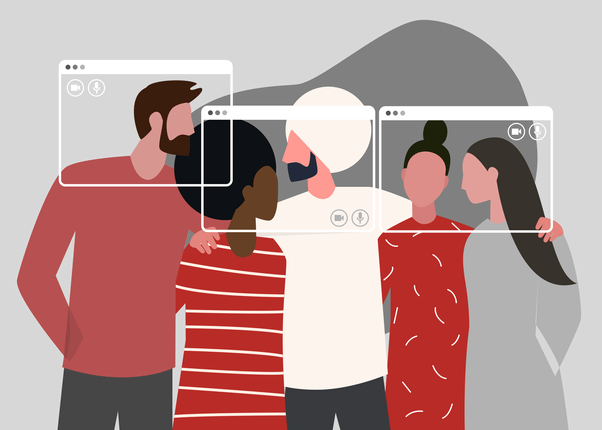
Dear Ms. Smartphone: Does the camera for Zoom stay on after the meeting? My kids mock me because I put a piece of masking tape at the top of my computer screen, over the camera lens. Online privacy concerns me! I don’t have tape on my phone camera but I still wonder if that can turn on accidentally too. Nadine, Tiburon
Dear Nadine: Your question, “Do Cameras Stay On” is totally apropos and logical in this time of “over sharing.” You are in good company, when it comes to putting tape over the camera. According to this 2016 NYT article, both Mark Zuckerberg (Facebook/Instagram) and James Comey (CIA) did the same thing.
Since we are not celebrities, politicians, or rock stars- it’s unlikely that someone or something would take the time to hack into our camera. It would take some initiative and there needs to be a reason. It is more likely that we would be in a Zoom or Webex meeting and inadvertently leave the camera and audio running when we think we are offline. That could lead to some embarrassing moments (like this Ca. school board).
Most of the time, you know you are “on camera” or microphone because the small red LED light up at the top of the screen. However, there could be hacks. To make sure that your LED is working on/off correctly, try doing a friendly two-way SKYPE from your laptop.
Check Your Settings…
Now, when it comes to phones I think we let our cameras willingly hijack us all day long, at least our pictures! What I mean by this- is take a look at the permissions on your phone. On an Adroid phone go: Settings > Apps > Permissions. On a Iphone go: Settings >Privacy > Camera.
Now and for the future, ‘Permissions’ are an issue. As you probably know, the latest televisions, refrigerators, and other Internet connected appliances send two way signals. According to this story in TechCrunch, The (Oregon office) FBI recommends placing black tape over an unused smart TV camera, keeping your smart TV up-to-date with the latest patches and fixes, and reading the privacy policy to better understand what your smart TV is capable of.
But, do not assume that all two way technology is evil. This new-found ability for devices to communicate may lead to good outcomes. If forgetful Grandma wants to age in place, the virtual assistant can remind her to turn off the stove and let you know when that happens. If she takes a fall, you can be notified by your connected watch. Hopefully, she’ll stay well and just use the connection for a two way drop-in with the fitness trainer!
Another interesting application for the Internet connected phone is in the arena of gun control. Imagine that there is a two step process to unlock a gun, and a verification code is sent. A verification between the GPS on the phone and a sensor on the firearm might certify that the shooter is who(m) they say they are, that the gun has not been stolen, and it is a suitable place to use firearms, say hunting outdoors. The same system would ensure that an underage son or daughter hasn’t opened the gun case.
check Your Comfort Level Too
In summing up, there’s more to it than masking tape. I paraphrase a piece of advice from the Oregon FBI (for TVs): “Know exactly what features your (…devices) have, and know how to control them. Do a basic Internet search with your model number and the words “microphone,” “camera,” and “privacy.” Second, don’t depend on the default security settings. Change passwords if you can and know how to turn off the microphones, cameras, and collection of personal information if possible. If you can’t turn them off, consider whether you are willing to take the risk of buying that model or using that service.”



Leave a Reply
You must be logged in to post a comment.